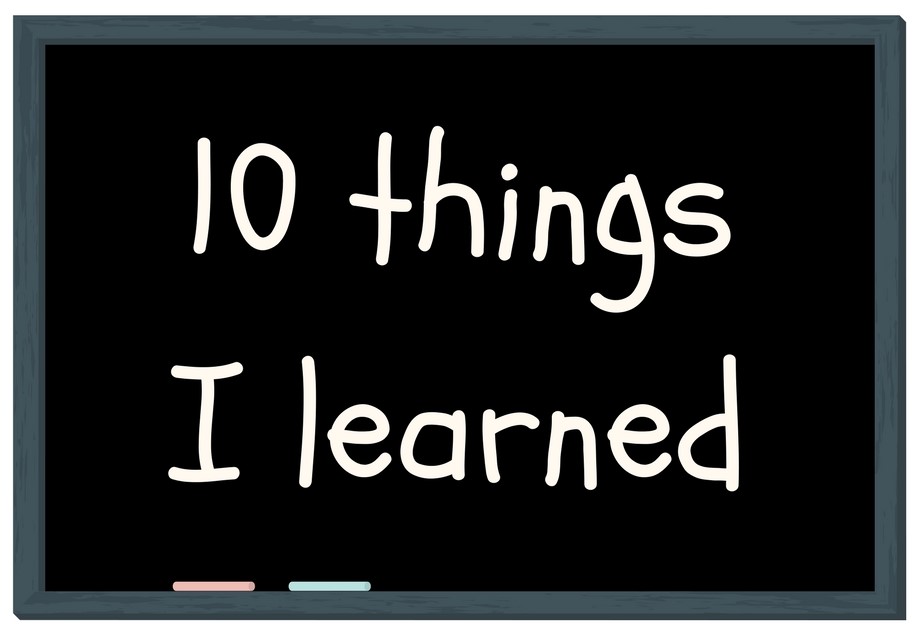
1. I never wake up before 10am
2. I play hours of video games a day, not being held accountable by the environment of hard-working peers
3. I feel more relaxed and healthy
4. I do not attend a single lecture live and constantly overestimate the number of videos I can binge in a day
5. I underestimate the number of random YouTube videos and TikToks I can binge in a day
6. Not only is it difficult to follow through on school/project-related stuff I set out to do, it's even hard to follow through on "fun" things like books or TV shows - instant gratification (like short videos) seems to dominate my attention (or lake thereof)
7. Exams don't feel like exams, but I don't perform as well as a result
8. I don't miss going outside as much as I thought I would - perhaps I find home too comforting?
9. I don't take risks
10. I need to go back to Berkeley to get the spark back - plus I miss in-person interaction with friends
(BONUS) In the meantime, I need to message people to hold me accountable
(BONUS2) I fall back to talking to my NE friends a lot more... and the other Berkeley peeps seem to do the same with their high school/lifelong friends

Comments
Post a Comment